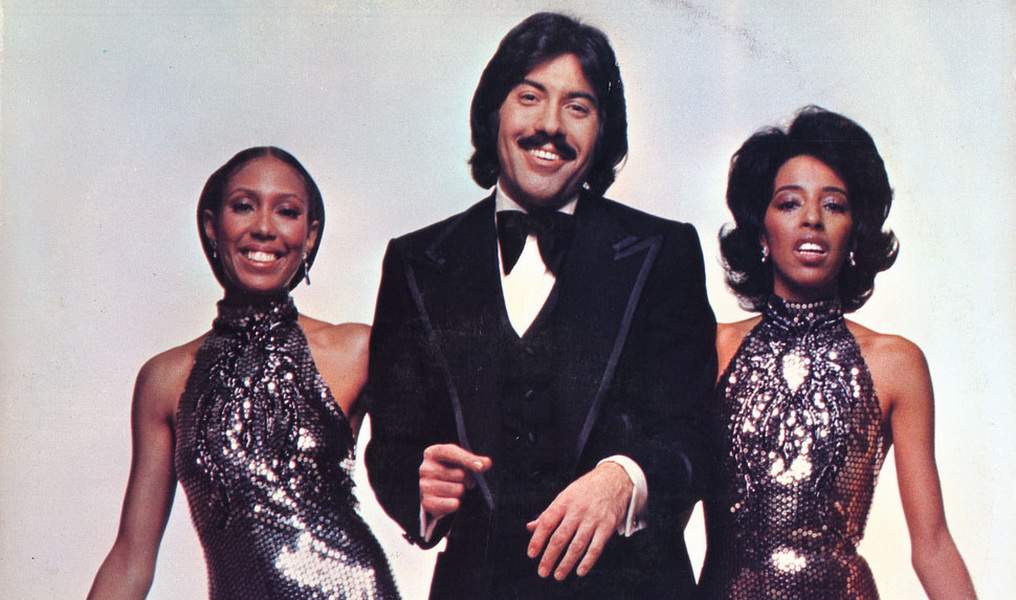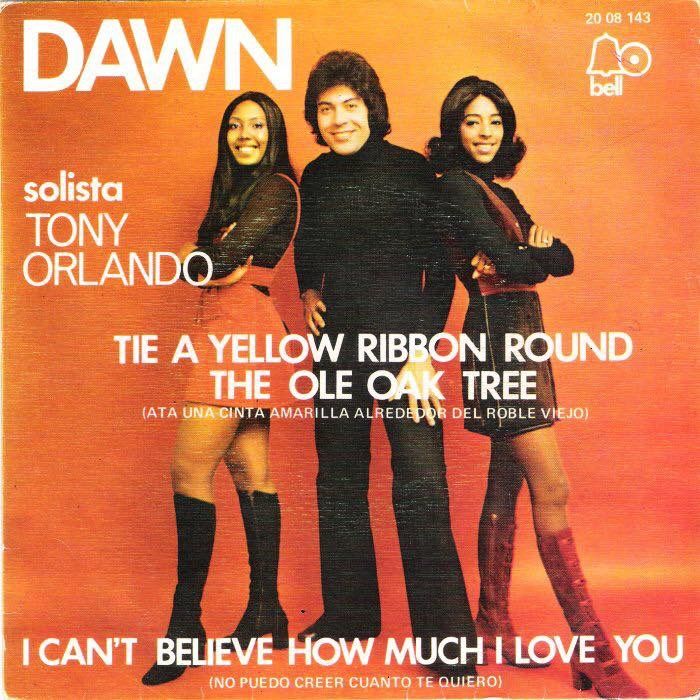
A Nostalgic Ode to Unrequited Love
In the tapestry of classic love ballads, few resonate with the poignancy and heartfelt sincerity of “He Don’t Love You (Like I Love You)” by Tony Orlando & Dawn. Released in 1975, this evocative song quickly soared to the top of the charts, claiming the number one spot on the Billboard Hot 100. Its success was not just a testament to its catchy melody but also to its deep emotional core that struck a chord with listeners of all ages, particularly those who have walked the bittersweet path of unreciprocated love.
Tony Orlando & Dawn, a trio known for their harmonious blend and soulful delivery, managed to capture something universal and timeless in this track. The song is actually a cover of Jerry Butler’s 1960 hit “He Will Break Your Heart,” but Orlando and his co-singers, Telma Hopkins and Joyce Vincent Wilson, infused it with a fresh vitality that appealed to the sensibilities of the mid-70s audience. Their rendition transformed it from a simple lament into an anthem of heartfelt devotion and longing.
The story behind the song adds an intriguing layer to its already rich emotional tapestry. Written by the legendary songwriting trio Curtis Mayfield, Calvin Carter, and Jerry Butler, “He Don’t Love You (Like I Love You)” encapsulates the agony and frustration of watching someone you love be with another who doesn’t value them as deeply. It’s a tale as old as time, yet perpetually relevant—a theme that resonates universally across generations.
The narrative unfolds through the perspective of someone who is desperately trying to convey their undying love and concern for the person they adore. It’s a declaration filled with earnestness, as the protagonist asserts that no one could possibly love them more than they do. This sentiment is both empowering and heartbreaking; it highlights the selflessness of true love—wanting what’s best for someone even if it means letting them go.
Tony Orlando’s vocal delivery is key to this song’s lasting impact. His voice carries a weighty sincerity that makes you believe every word he sings. There’s a raw vulnerability in his tone that speaks directly to anyone who has ever loved deeply without reciprocation. Backed by the warm harmonies of Dawn, the song becomes an emotional powerhouse that captures the essence of love’s trials and tribulations.
The success of “He Don’t Love You (Like I Love You)” was not just confined to commercial acclaim; it became embedded in the cultural fabric of its time. For many, it was more than just a song—it was a reflection of their own experiences and emotions. The evocative lyrics and soulful melody created moments of reflection, offering solace to those nursing a bruised heart or reminiscing about loves lost or unfulfilled.
This track also marked a significant point in Tony Orlando & Dawn’s career. Coming off hits like “Tie a Yellow Ribbon Round the Ole Oak Tree,” this song solidified their status as purveyors of emotionally resonant music that crossed generational lines. It was part of their album “He Don’t Love You (Like I Love You),” which further showcased their versatility and ability to connect with audiences through profound storytelling wrapped in melodic elegance.
Listening to “He Don’t Love You (Like I Love You)” today evokes a sense of nostalgia for a bygone era when music was an intimate companion in our personal journeys through love and loss. For older generations, it serves as a poignant reminder of past romances—both joyful and bittersweet—while younger listeners can find solace in its timeless message.
In essence, this song is more than just a musical piece; it’s an emotional journey that transcends time, inviting each listener to reflect on their own experiences with love’s complexities. Whether you’re revisiting it decades later or discovering it anew, Tony Orlando & Dawn’s rendition remains a testament to the enduring power of music to capture and convey the deepest facets of human emotion.
